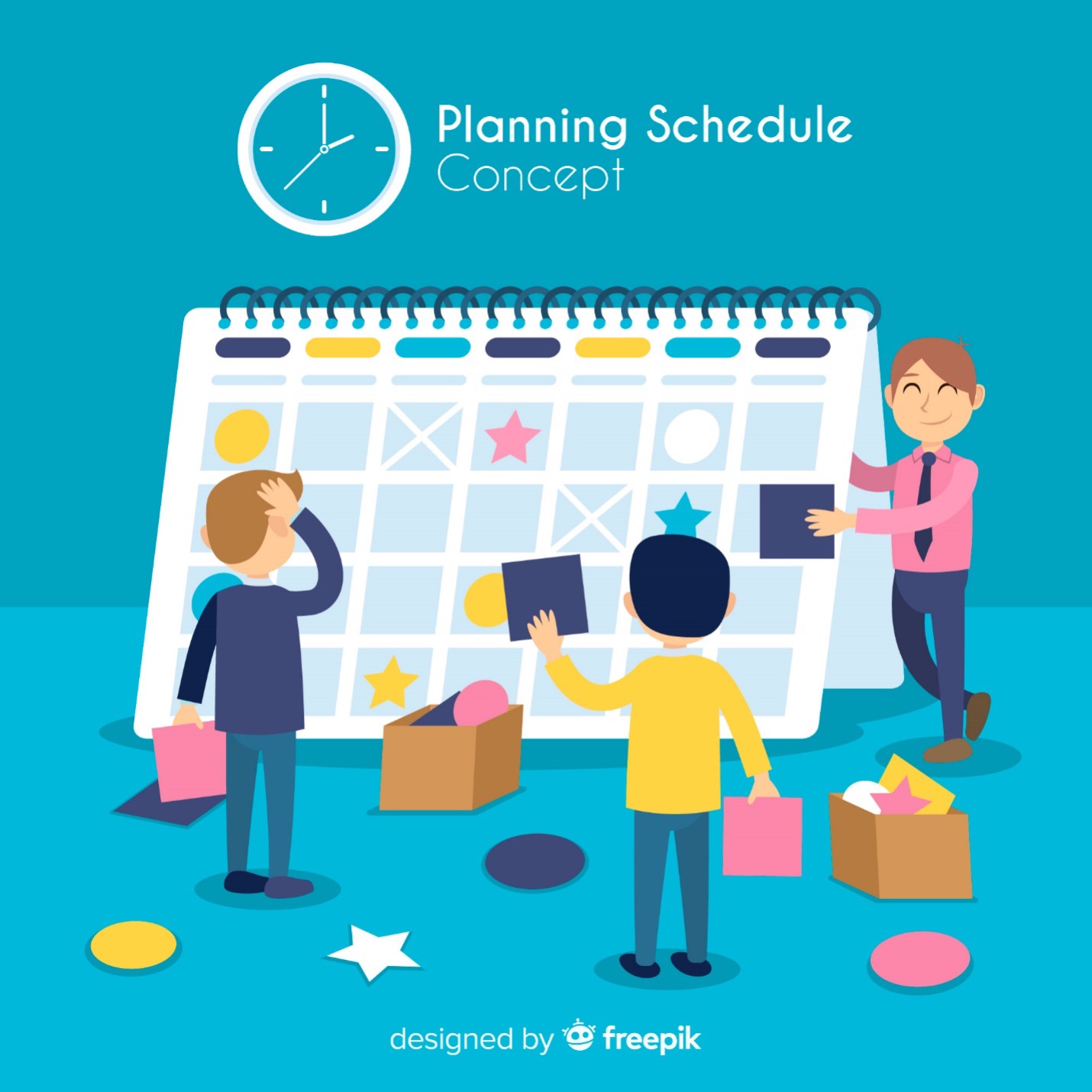In the fast-paced world of sales, staying organized is essential for success. A well-structured calendar can be the difference between closing deals and missing opportunities. Here’s how to effectively calendar every next step in your sales process.
- Define Your Sales Stages
Start by outlining the key stages of your sales process, such as prospecting, qualification, proposal, negotiation, and closing. Understanding these stages will help you identify specific actions to calendar. - Set Clear Goals
For each stage, establish clear, achievable goals. This could include the number of calls to make, emails to send, or meetings to schedule. Having defined targets ensures you stay focused and motivated. - Use Time Blocks
Time blocking is a powerful technique for managing your day. Dedicate specific blocks of time to different activities—like lead generation or follow-ups—ensuring that each step in your sales process receives the attention it deserves. - Schedule Follow-Ups
One of the most critical steps in sales is following up with prospects. After each interaction, immediately schedule a follow-up in your calendar. This not only helps you stay organized but also shows your prospects that you are attentive and invested. - Review and Adjust
Regularly review your calendar and the outcomes of your activities. If certain strategies aren’t working, adjust your approach. Continuous evaluation helps you stay agile and responsive to changes in the market. - Leverage Technology
Utilize CRM software or calendar apps to automate reminders and track your progress. These tools can streamline your sales process and enhance your productivity.
By calendaring every next step in your sales journey, you create a roadmap that leads to success. Stay organized, focused, and proactive to maximize your sales potential.




